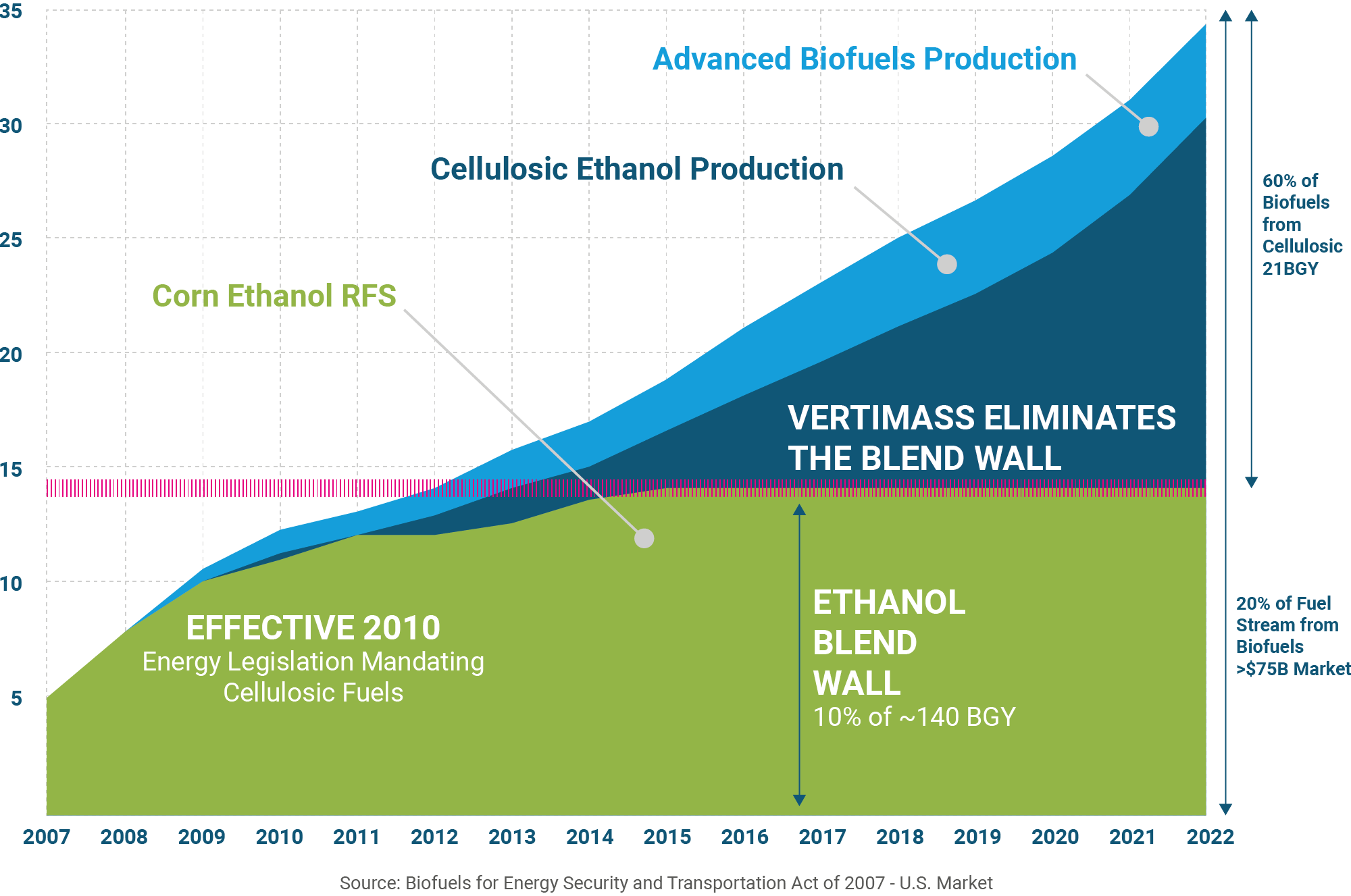Q & A
SAF is a fuel based on renewable ressources used to power aircraft that has similar properties to conventional jet fuel but with a smaller carbon footprint. Depending on the feedstock and technologies used to produce it, SAF can reduce life cycle GHG emissions dramatically compared to conventional jet fuel. Some emerging SAF pathways even have a net-negative GHG footprint.
SAFs lower carbon intensity makes it an important solution for reducing aviation GHGs.
Compared to conventional fuels, renewable methanol cuts carbon dioxide emissions by up to 95%, reduces nitrogen oxide emissions by up to 80%, and completely eliminates sulfur oxide and particulate matter emissions.
Methanol (CH3OH) is a liquid chemical used in thousands of everyday products, including plastics, paints, cosmetics and fuels. Liquid methanol is made from synthesis gas, a mix of hydrogen, carbon dioxide and carbon monoxide. These simple ingredients can be sourced from a wide range of feedstocks and using different technology approaches.
Renewable methanol is an ultra-low carbon chemical produced from sustainable biomass, often called bio-methanol, or from carbon dioxide and hydrogen produced from renewable electricity.
Power2Met was the first of its kind e-methanol power plant built in Denmark. It received funding by the Danish Energy Technology Development Demonstration (EUPD) for its establishment. It was built with the purpose of demonstrating production of e-methanol, initiated in 2019, and fully operational since 2021. It operates today at small scale and is driven by European Energy, prime partner also to MeSAF. MeSAF can be considered a step-up version to Power2Met, integrating the Vertimass catalysts for cost-effective, large-scale production to MeSAF and side-product rLG.
Learn more about Power2Met here: https://hydrogenvalley.dk/power2met-en/
MeSAF is an extended version of Power2Met PoC and experiences of PtX plant operational since 2020. Based on new technology from Vertimass, process will be simplified, with aviation as end-application. The catalyst and process twill be tested in pilot site in the US, paving to MeSAF in Aalborg Denmark, first in demosite, followed by scale-up in production at Port of Aalborg.
MeSAF will supports ambitions of NetZero and green aviation in cost-effective technology prepared for scale-up.
The oveall impacts of MeSAF are threefold:
Fuel indenpendancy
The eSAF-AALtechnology will support the conversion of electricity from wind/solar energy to green aviation fuels and renewable energy storage. Converting fluctuating renewable energy to green fuel can pro-vide grid balancing services and help stabilize the grid and facilitate integration of larger shares of renewable generation without compromising grid stability and security of supply. With the national targets set in Denmark approximately 10.000 ton of SAF will be required in 2025 (half of consumption in domestic flights) increasing to 22.000 tons towards 2030.
CO2 Reductions
The production of 10.000 tons of MeSAF by 2025 to replace fossil aviation fuel will reduce CO2 emissions by 31.000 tons/year and as production is ramped up to 100.000 tons/year the CO2 reduction will reach 313.000 tons/year.
Energy Efficiency
One of the benefits of the MeSAF technology is the ability to gradually scale production to meet demand very cost efficiently leveraging e-methanol production in the spoke-and-hub model. This will allow that each new e-methanol plantuse best available electrolyzer technology as production capacity is increased.
Vertimass Catalyst Technology provides a simple process with resulting low capital and operating costs, that produces the least expensive hydrocarbons from biomass, while simultaneously making benzene, toluene, ethyl benzene, and xylene (BTEX) as a valuable coproduct. In addition, Vertimass Catalyst Technology does not need external hydrogen that other ethanol conversion technologies must rely on, thereby avoiding extra costs and infrastructure challenges that are detrimental to the environment.
Source: https://www.vertimass.com/vertimass-technologies/
Ethanol Blend Wall and Vertimass Solution

- European Energy
- Vertimass
- Aalborg University
- Aalborg Airport
- Kosan Gas
- Port of Aalborg
- Hydrogen Valley
Go to the Partners page to read more.
The project will conduct pilot-scale and demo-scale experiments in existing facilities at Technip Energies in the US to save time and cost related to building small test facilities in Denmark. The results from Technip Energies will be used to design a complete pre-commercial scale unit with all the required process integration. This unit will be built in Denmark by European Energy and integrated with the existing Power2Met pilot plant in Aalborg. A test and demonstration program will be conducted and bring the technology to the stage where it is ready for scaling and integration with a commercial Power2Met plant owned and operated by European Energy.
The production of 10.000 tons of MeSAF to replace fossil aviation fuel will reduce CO2 emissions by 31.000 tons/year and as production is ramped up to 100.000 tons/year the CO2 reduction will reach 313.000 tons/year.
The total budget for the MeSAF project is 2,6 million USD, of which the Danish technology development program EUDP has funded 1,37 million USD.
The MeSAFproject is envisioned as a 3-phase ambition.
Phase 0 (completed):
Preliminary Feasibility Study and Bench-Scale Testing. Vertimass, Aalborg University and European Energy have already validated the conversion of raw methanol using the Vertimass catalyst in bench-scale experiments. This work provided the basic proof-of-concept that forms the basis for the MeSAF project.
Phase 1:
Bring the single step rawmethanol to eSAF conversion process based on the Vertimass catalyst from pilot-scale to pre-commercial scale.
Phase 2 (Future):
The second phase of the MeSAF project will be to demonstrate the conversion at commercial scale and supply MeSAF to Aalborg Airport.